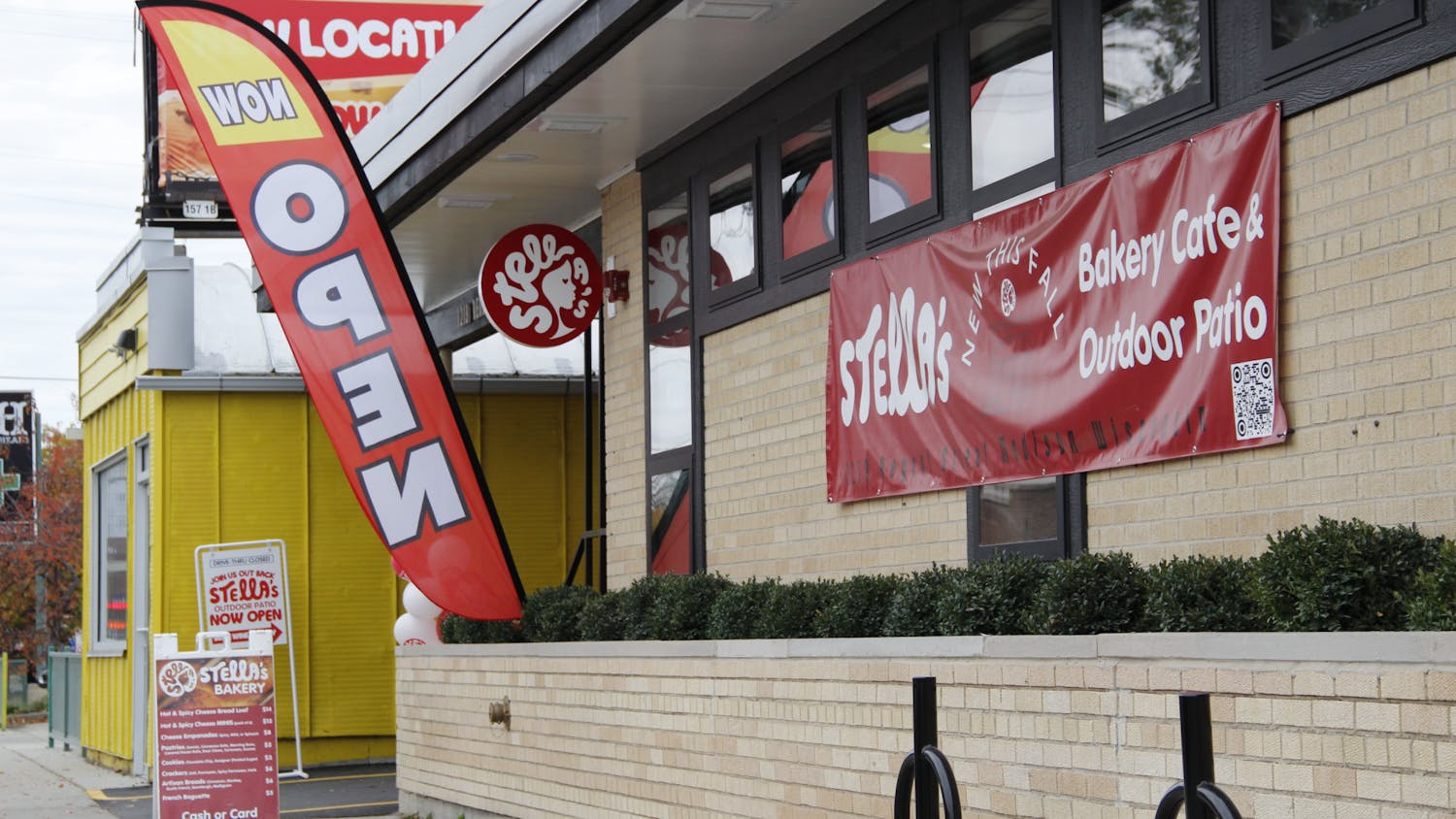Food and drink, as a device or function in literature, finds its way into a surprising number of literary works. It’s something you may not have noticed, unless it’s some important emblem, like the gruel in “Oliver Twist.”
Another famous instance of food and drink in literature comes from Proust. I’m speaking, of course, of the madeleines and tea episode from “Swann’s Way.” Just think of it: One snack, one afternoon treat provides the rationale for the whole story. It is the key that winds everything up.
An analogous motif is used in Saul Bellow’s “Humboldt’s Gift.” Here, it’s not madeleines and tea, but pickled herring and whisky (yum) that Charlie Citrine eats as he reads the newspaper, which divulges the obituary of his dear friend. In a sense, that dish starts the plot of the novel, but it’s not the exact mechanism that winds up the narrator to rumination; the intermingling of salt and smoke in Citrine’s snack, though, is indelibly redolent of rumination.
You know what else reeks of rumination? A gorgonzola sandwich and a glass of burgundy. Yes, Leopold Bloom’s repast in “Ulysses” is probably another one of the most famous, or most emblematic, presentations of food and drink in a work of literature. Over that meal, he sits in Davy Byrne’s Pub, thinking of his wife.
And, while it isn’t the meal that sets off Bloom’s reminiscences—I know, for all you sticklers of detail, that it was, in this chapter, the copulating flies who get him off to thinking—its presence is still concomitant to the experience. Poldy Odessy, flushed with moldwhey, on a wine-dark odyssey.
Yet, while every example of food or drink I’ve provided has been presented as a motif of rumination, it can be comic too. The banana section at the beginning of “Gravity’s Rainbow” is a light moment in a otherwise interminable tome. Lord knows banana pancakes sound really good, even if you aren’t being shelled.
In “Cannery Row” by John Steinbeck, one of the main characters, Doc, weighs a weighty proposition: Would a beer milkshake taste good? He vacillates between curiosity and disgust before just going for it. He concludes that it tastes like a milkshake someone poured full of beer.
There are also elements of hope in literary food and drink too. The moment I still remember best (or most favorably) from “On The Road” is when Sal Paradise rolls into a diner toward the very beginning of the book and ebulliently eats a slice of pie a la mode. He hasn’t been defeated or dissuaded yet; that piece of pie is a profession of faith at the beginning of his pilgrimage. And that piece of pie is, in some ways, the best moment of the book. Certainly it is one of Sal Paradise’s best moments, in a book of disillusionment and deterioration.
Food and drink is a succor for hope. There is a reason Shakespeare called it, “the milk of human kindness” in “Macbeth.” The last scene of “The Grapes of Wrath” is poignant (or maudlin, depending on your sensibilities) in the way Rose of Sharon Joad breastfeeds a starving man after her own baby was born stillborn.
Poignancy! Poignancy thrives off food as well. Haruki Murakami’s “The Year of Spaghetti” is a great paean to spaghetti, king of cheap eats and ration of the roving bachelor(ette). But it’s also a reflection of the narrator’s own loneliness—the poignancy comes from the spaghetti, which keeps him alive and marks his condition.
But, after all these facets, we should come back to one that bears careful thought: the gruel from “Oliver Twist.” One doesn’t think of gruel as nourishing—it certainly doesn’t carry the rhetorical flourish of madeleines and tea, or herring and whisky, or even beer milkshakes. But gruel, too, is emblematic of food’s representative power in literature. Gruel in “Oliver Twist” is an abject simulacrum of a poor lot. “Les Miserables” started with the theft of a loaf of bread.
What is food? What is drink? Are they bodily embellishment? Are they life force? Are they a symbol of class distinction? Are they pleasure? Are they necessity? Are they appeasements of hunger or enablers of it?
The answer to those questions depend much on who is asking them, and who rises to answer them. But food and drink—in their presence or absence, in their characteristics—in a literary work may prove to be potent portions of that work. They should at least be noted.
Any recipes for Sean? Email him at sreichard@wisc.edu.





